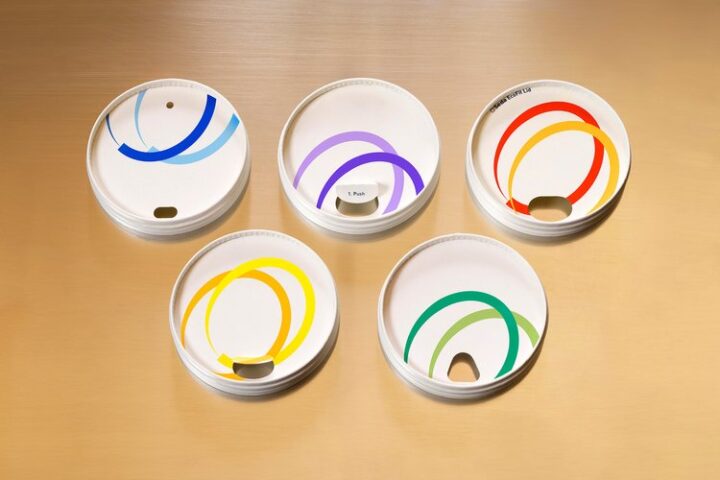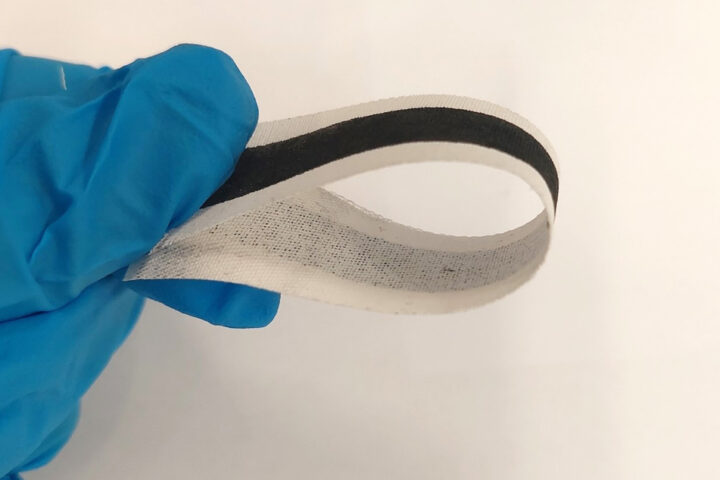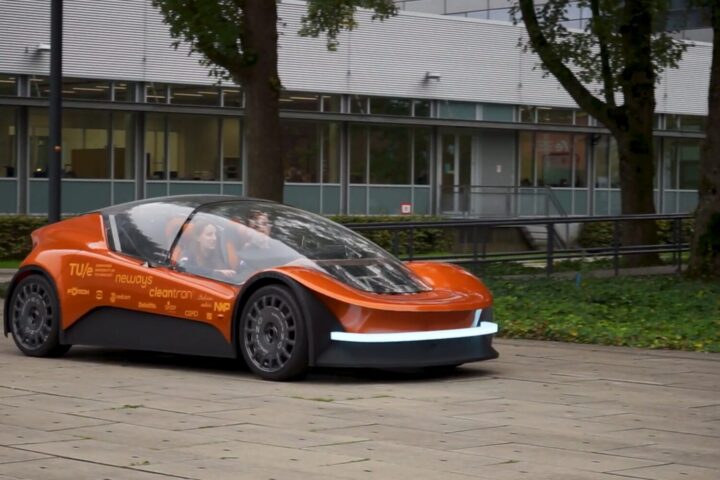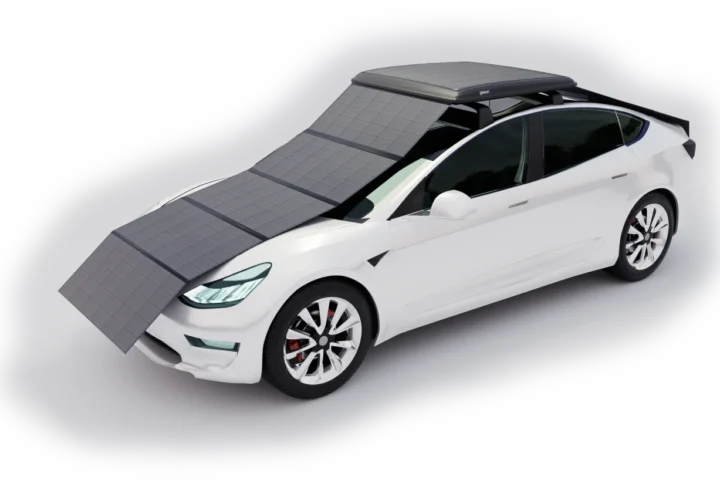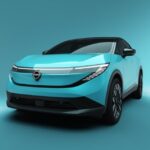Nissan, in collaboration with JVC Kenwood and 4R Energy, has innovatively repurposed old Leaf EV batteries into portable power stations. These revamped batteries, sourced from the Nissan Leaf, are being transformed into emergency power sources, especially useful during disasters. Despite reaching the end of a Leaf EV’s operational lifespan, these batteries still boast high residual performance and safety.
Over 650,000 Leaf EVs have been sold by Nissan, indicating a vast reservoir of potential reusable batteries. Each portable power station incorporates two Leaf battery modules and is priced at 170,000 yen ($1,170) in Japan. Interestingly, while a Leaf EV uses 48 battery modules, only two are needed for these portable power stations. Weighing a mere 14.4 kilograms (32 pounds), these power stations are relatively easy to transport.
The product is designed to withstand temperatures ranging from -20℃ to 60℃, making it apt for car storage. It also features a low self-discharge rate, suitable for long-term storage, and boasts a recharge capacity of approximately 2,000 times. Nissan dealerships nationwide will offer the product from September 1st under the name “ポータブルバッテリー from LEAF.” Additionally, JVC Kenwood is set to release a similar product on its official online store later this year.
This initiative by Nissan, JVCKenwood Corp., and 4R Energy Corp. underscores a dedication to sustainability in the EV industry. By reusing these batteries, Nissan aims to significantly reduce CO2 emissions during production, thereby contributing to a sustainable, carbon-free society. The manufacturing of EV batteries, which involves the use of rare metals and emits carbon gases, has environmental implications. However, repurposing these batteries aids in offsetting the environmental costs of their initial production.
Similar Posts
Bala Kumar Balasingham from the University of Windsor emphasizes the potential of these retired EV batteries in energy storage. When an EV battery’s charge capacity drops to about 80%, it may no longer be suitable for driving, but it remains invaluable for other applications. Balasingham stresses the importance of finding innovative solutions for these batteries to ensure the sustainability of the EV industry. Without such endeavors, numerous EV batteries could face premature recycling, leading to sustainability challenges.
The collaboration between Nissan, JVCKenwood Corp., and 4R Energy Corp. exemplifies innovation in the EV sector. JVCKenwood Corp., with its electronics expertise, enhances the functionality of the product, while 4R Energy Corp., specializing in lithium-ion battery systems, plays a pivotal role in this sustainable initiative.
Nissan’s endeavor not only benefits the environment but also addresses a practical need for on-the-go power. The potential of these retired batteries extends beyond vehicles, opening doors for diverse energy storage applications. This sustainable approach by Nissan, emphasizing eco-friendly innovations in the automotive industry, sets a precedent for other automakers to emulate.
Product Specifications:
- Battery Type: Lithium-ion (recycled battery)
- Battery Capacity: 633Wh
- Input: 12~25V DC 100W
- AC Output: 100V AC 50/60Hz, total 600W (peak 1,200W)
- USB Output: Various types including USB type-C™ and USB type-A
- Charging Time: Approx. 9.5 hours with AC adapter, approx. 14 hours with car adapter
- Operating Temperature Range: -20℃ to 60℃
- Dimensions: 370mm x 205mm x 282mm
- Weight: 14.4kg
- Cycle Life: Approx. 2,000 times
Pricing:
- Nissan’s “ポータブルバッテリー from LEAF” (IPB-01N) retail price: 155,000 yen (tax included: 170,500 yen)
- JVC Kenwood’s “ポータブル電源” (IPB-01G) retail price: Open price



